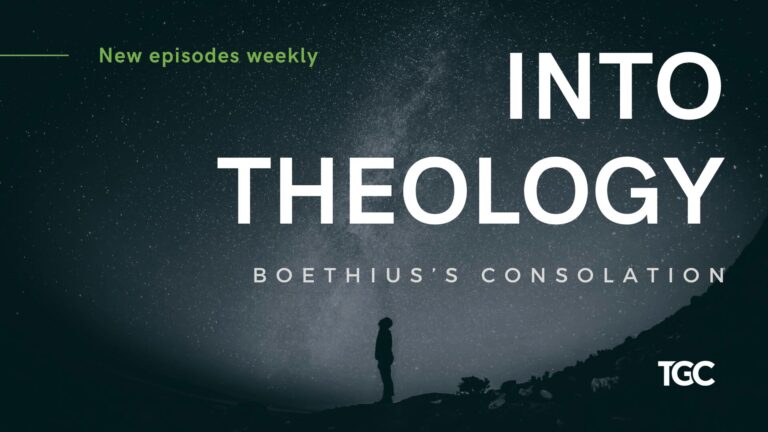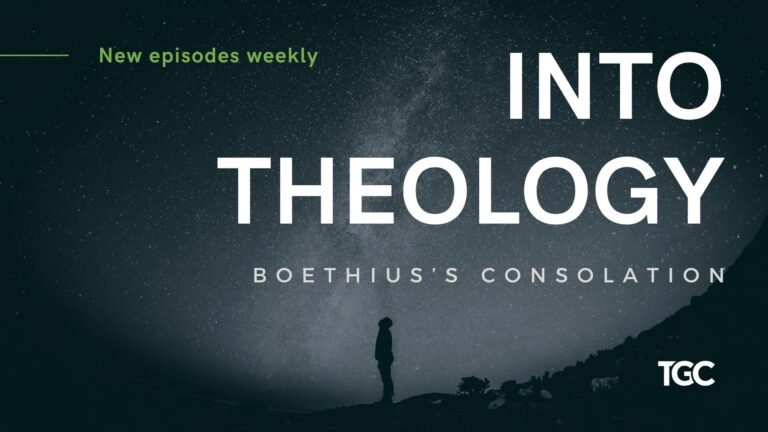Every year Apple releases a new iPhone or at least a new version of the same phone. Clothing companies update their catalogue for each season. New and better cars come out each year. Families feel pressed to move into bigger and better houses. Since our entire culture foundationally encourages the production and purchase of new and better things, we have learned to become dissatisfied with what we have.
In these ways, our age is unique. But the sin of greed and discontent crosses all cultures. Writing about 1,600 years ago, Augustine said, “Let those who reckon themselves richer who in enduring frugality have been stronger; it is better to want less than to receive more” (Ep. CCXI). He was right for the desire for more makes us poor, and wanting less makes us rich in contentment.
We desire more because we see more
Scrolling through social media, Amazon, or even walking through a mall teaches us to desire that which we do not have. These places give lists, prices, and options for us. They train us to desire things, wiring our brains to become consumers of things rather than contemplators of God.
Our smartphone age, our greed sometimes transforms into a desire for “likes.” When posting on social media—no matter how innocent the intention—we anticipate likes. If that affirmation does not come, anxiety enters. Likes may be immaterial but they give social media users social status—a sort of boost to one’s confidence.
I confess that I have been caught in the cycle desire for affirmation through social media. I would never have put it that way at the time. I never intended to find satisfaction in a “like” nor would have I thought I was doing so. I simply had created a pattern of desire by having social media apps on my phone.
Then a few weeks ago I removed two social media apps from my phone. The drive to check my phone for the newest update on these apps lessened since I could no longer see the apps. I found myself somewhat freed up from the unstoppable desire to look, to desire that which my phone provided.
While I certainly have a long way to go, my desires have been reshaped by simply not having Facebook or Twitter on my phone. And I now wonder how many more ways that I (and all of us) create desires for the wrong things in life by simply doing what everyone else does?
Driving on the highway and seeing billboards or listening to Spotify with Ads will already create desires for consumption in us—despite our best intentions. That’s just how we work. I never expected to be beholden to my iPhone, but I was. The best intentions cannot protect us from the feast of gluttonous desires.
We realign our desires by looking to Christ
Paul’s life revolved around Christ and him crucified. When he went to Corinth, he made up his mind to know nothing but the same. And in his second letter to the Corinthians, he describes Christ’s life in this way: “For you know the grace of our Lord Jesus Christ, that though he was rich, yet for your sake he became poor, so that you by his poverty might become rich” (2 Cor 8:9). The glory of Israel took on poverty to make us rich.
This richness does not mean that Christians will receive a horde of treasure. It means that Christians participate in the vivifying life of Christ so that even in poverty they can be generous as he was in his poverty for our sake.
Paul had just explained how the Macedonians acted in this way, “We want you to know, brothers, about the grace of God that has been given among the churches of Macedonia, for in a severe test of affliction, their abundance of joy and their extreme poverty have overflowed in a wealth of generosity on their part” (2 cor 8:1–2). Extreme poverty does not gainsay generosity.
Christ gave up the greatest wealth of glory to enter into an impoverished life so that he could be generous with us by making us rich in grace, goodness, and forgiveness. It is the Savior who teaches to lay aside the iPhone ahead of us and to, for the joy set before us, endure less. He teaches us to want rightly. He teaches us that, “it is better to want less than to receive more.”












